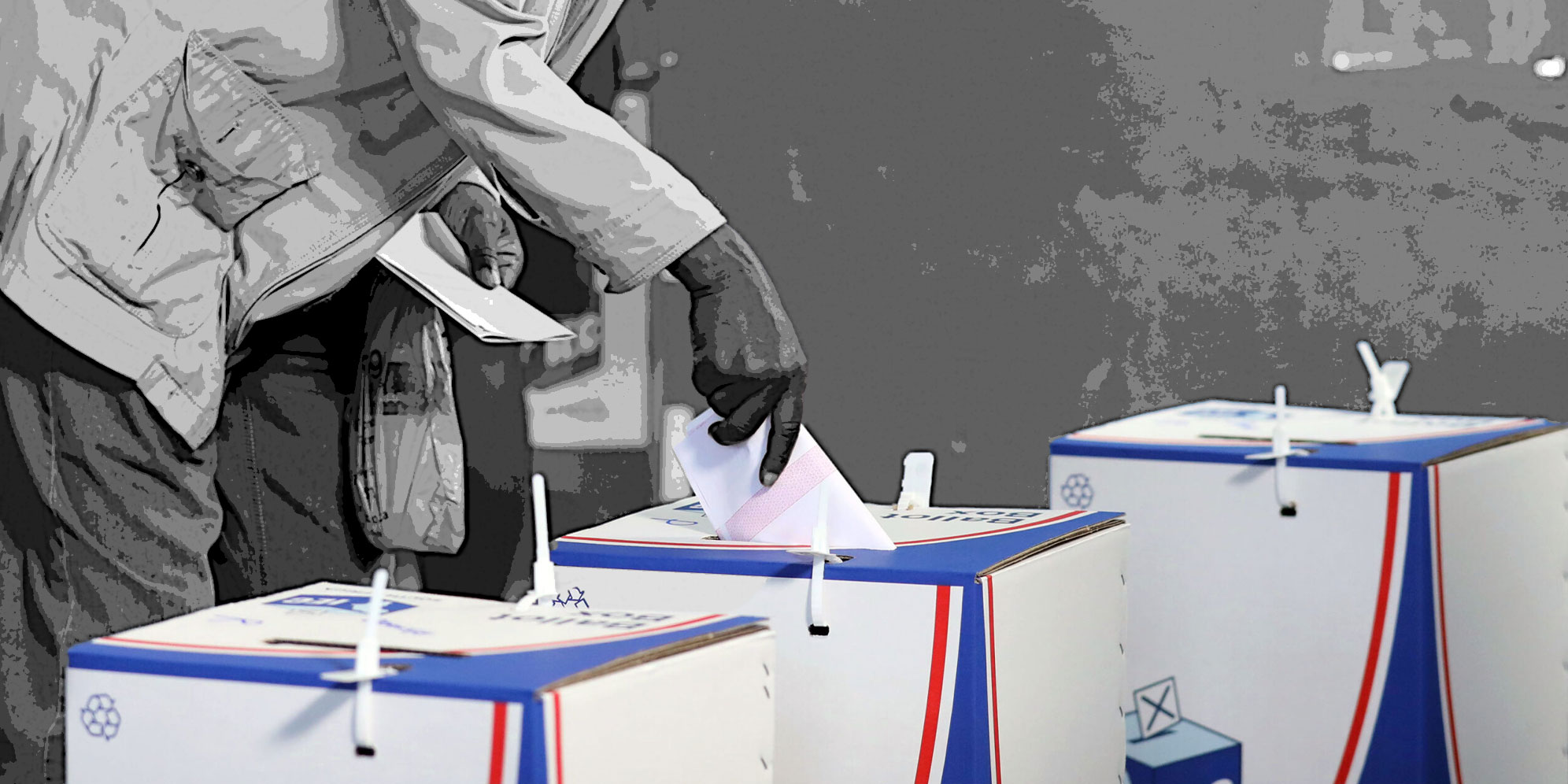In the months before national and provincial elections, it is entirely human to try to predict the result. In the weeks before this year’s elections much brain energy was spent trying to divine the accuracy of various polls.
In the end, despite all of that thinking by the commentariat, very few people foresaw the ANC losing so many votes and MK gaining so strongly.
The point is often made that by-elections are a useful predictor of political trends. This can be for important reasons.
First, they are actually elections. In other words, they are the results of people actually casting ballots, rather than telling a pollster what they will do.
As the recent elections in the US have shown, for the thousandth time, polls can be misleading for the simple fact that voters will not always say who they are voting for.
A measure of sentiment
But actual voting is different. One presumes that voters are being entirely honest about their choices (That said, voters may make different decisions in by-elections because their choices might be limited).
In short, by-elections provide the best information available between elections to gauge sentiment.
As Paul Berkovitz showed, these trends matter. He wrote before this year’s elections that the IFP had taken more wards from the ANC than any other party. Looking back now, this suggests voters in KwaZulu-Natal were unhappy with the ANC, and thus there was an open door for MK. As he wrote, once MK was fully formed, it experienced “explosive growth” in by-elections, before the national elections.
Since the national elections, it has been rational to pay attention to by-election results, to gauge whether support for the national coalition is rising or falling.
But this can also be fraught with danger. By-elections come with their own foibles and local dynamics.
Turnout
The biggest problem with using by-elections to try to identify trends is turnout.
There are many examples of a by-election result being completely skewed by turnout.
For example, in Blairgowrie in 2023, there was a by-election after the resignation of the DA councillor there, David Potter. He wrote that he was simply giving up because officials in the city were no longer interested in fixing it.
Read more: A departing Joburg councillor’s cry for his beloved, broken city
In the 2021 local elections when he was re-elected, the DA had won 71.22% of the vote. This was because, despite the strongly suburban nature of the ward, the ANC and the EFF had been able to nominate candidates.
After Potter’s resignation, the DA’s replacement candidate, Lucinda Harman won 94.67% of the votes. Again, the ANC and the EFF had nominated candidates.
The real difference here was turnout. In the 2021 local elections, 52.85% of people voted in that ward. In the 2023 by-election, only 16.50% of people voted.
The same trend can be picked up in other places.
In October this year, there was a by-election in a ward in Stellenbosch. Previously, the DA had won the ward with 85.13% of the vote. The poll in that ward in 2021 was 33.26%. This year in that by-election the DA won with 98.61% of the vote.
But, astonishingly, only 4.25% of those registered voted.
This must reduce the usefulness of by-elections. In many cases, the sample of voters they give us is simply too small.
Of course, this is not always the case. There are many examples of by-elections where the percentage of people who voted is roughly the same as during local elections.
Proportional representation
But even then there can be important factors that can discount their usefulness.
The first is obvious, by-elections are only about geographic wards, while local elections include proportional representation votes (which is why in metros you vote twice in local elections). This means that while one party can win a majority of wards they can still not be the biggest party in the council.
This is because their support can be concentrated in certain wards, while another party’s support can be spread across the entire area. The EFF is a good example of this. While it has gained significant support in metros like Joburg and Ekuhuruleni, it has not won many geographic wards.
The second issue has to do with the nature of campaigns. In local elections, parties often try to campaign across the entire country. While the ANC will have candidates in Musina and Cape Town, their message will be very similar.
In by-elections, messages can be tailored to one specific group.
Also, one small party with a strong candidate can expend all their resources on one by-election, simply to make a point. But when it comes to local, or particularly national elections, they can be almost lost, simply because they cannot match bigger parties.
And in some cases, bigger parties can almost abandon certain wards in by-elections, while keeping their resources for local elections.
Of course, there may be moments in the future when bigger parties compete furiously in certain wards in by-elections. This is likely to be in diverse wards at times when victory will result in the balance of power in a council changing hands (this has happened last once. In Nquthu in KwaZulu-Natal in 2017, the entire council had a by-election. Then Deputy President Cyril Ramaphosa joined other senior ANC leaders in campaigning there. Such were the intense divisions in the ANC at the time, the KZN ANC was furious.
It is entirely rational to sieve through by-election results looking for political trends. But it’s also important not to get too excited at what the information may claim to reveal. DM





